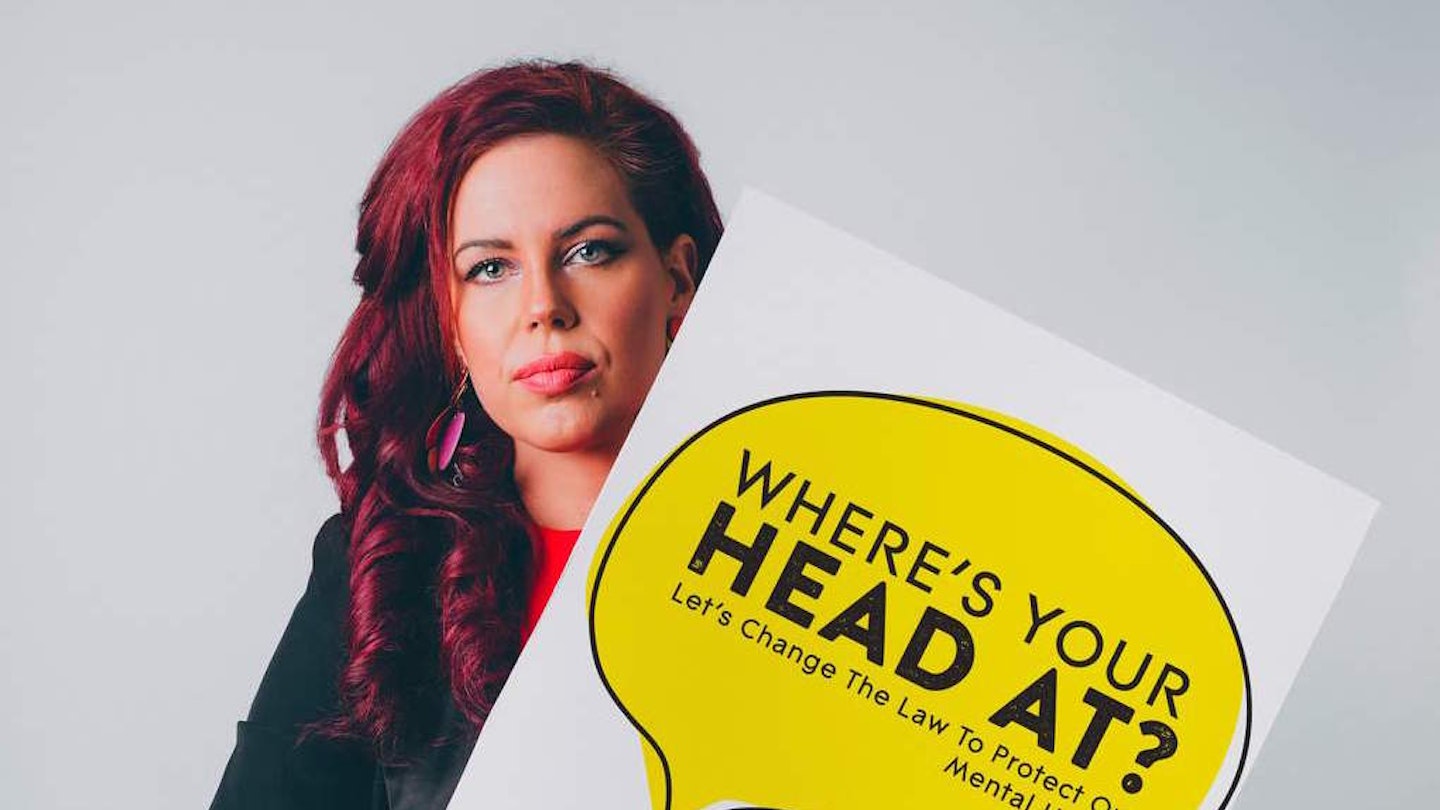What are the ingredients for happiness and success? Job satisfaction? Climbing the career ladder? An extra zero on your salary? These are certainly the things we’re encouraged to focus on and strive for. Yet I remember distinctly the moment when I realised that, without mental wellbeing, nothing else really matters.
It was 2005. I was laying on the floor of my bedroom, exhausted after having forced myself to vomit – again. My head was a tumble-dryer of anxious, distressing thoughts and I was starting to think the only way to escape them was suicide. I suddenly wondered: how have I ended up here? I had a great CV with lots of qualifications. I was just about functioning in a good job, making decent money. I was young, as beautiful as I was ever going to be and should, according to the ‘life rules’ I’d learned, have the world at my feet.
A lot has changed since then and giant leaps are being made to break down taboos around mental illness. Yet a new survey by Bauer Media found that 53% of people have experienced a mental health issue in the past year and, of those who needed time off work, half told their bosses it was for a different reason. Furthermore, common complaints, such as migraines and back pain, often have no observable physical cause, representing the parts of our body where we store stress and anxiety.
Mental ill-health costs employers and the economy but, more importantly, it takes a toll on the quality of life of millions of people. That’s why I’m spearheading this campaign to make it compulsory for workplaces to have on-site people trained in mental health first aid.
All the evidence shows that the earlier a mental health issue is detected, the more treatable it will be. We tend to dismiss stress or anxiety as being an inescapable part of life, yet if we don’t find outlets for them it can lead to a whole range of serious health conditions, such as panic disorder, depression, immune system problems, high blood pressure and even heart disease.
If someone cuts their finger in the office, we don’t call them a hypochondriac, tell them to soldier on, then accuse them of weakness when it becomes infected – so why do we take this attitude when it comes to mental health? Part of the problem is fear: we think that if we ask colleagues about their mental health it might open up a can of worms we’re not qualified to deal with. Yet we don’t feel this burden about physical ailments. If someone in your office had a heart attack, you wouldn’t perform surgery at your desk. But you might put them in the recovery position and call an ambulance and, in doing so, save their life.
That’s where the notion of mental health first aid comes in – it’s the psychological equivalent of bandages and CPR and, just like physical first aid, it involves knowing the procedures if you have to call for outside assistance. Mental health first-aid courses teach you to spot the early symptoms of problems like depression, anxiety and eating disorders, how to have non-judgemental work-based discussions and appropriate further action to take.
This kind of expertise is vital to the health and happiness of the nation. That’s why I’ve joined forces with some of Bauer Media’s most influential brands – including Grazia, Heat, Kiss FM and Magic FM – as well as Mental Health First Aid England to launch the Where’s Your Head At? campaign. It calls for a change in the law so it would be compulsory to have people trained in basic mental health first aid in the workplace. You can sign a petition to help ensure the matter is discussed in Parliament by going to wheresyourheadat.org.
Traditionally, we’re told one in four people will experience a mental health issue. Yet we all have a brain, which means we all have mental health. It’s time we realised how precious our minds are and treated looking after them as a priority.
Natasha’s book, ‘A Beginner’s Guide To Being Mental’, is out 17 May (£17.99, Bluebird)
We need YOUR help to make it a legal requirement to have a trained mental health first aider in every workplace or college. Please sign our petition at wheresyourheadat.org and use the hashtag #WheresYourHeadAt to support the campaign.
Click through for natural anti-depressant options...
Discover: Natural Anti Depressants
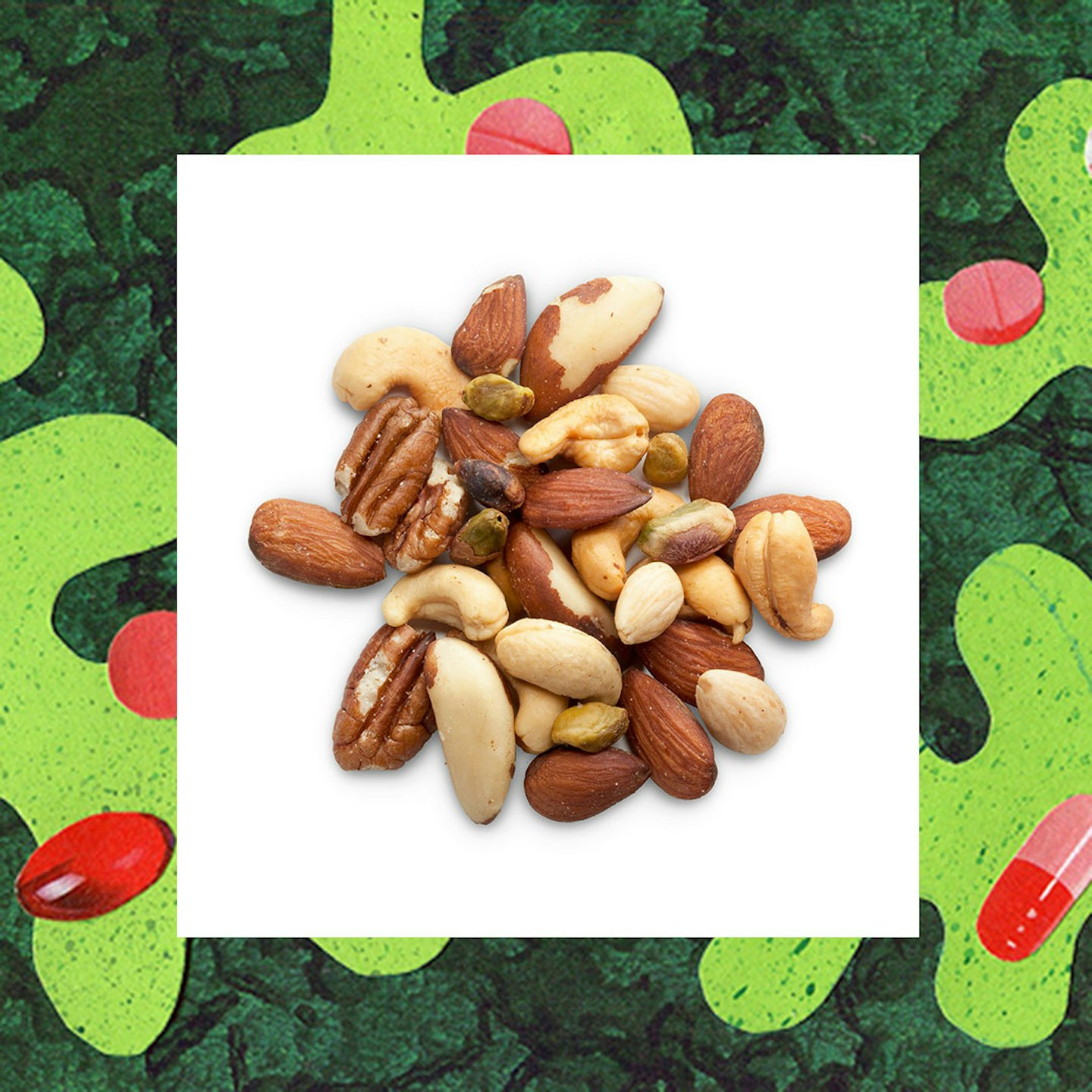 1 of 11
1 of 11Omega 3
Omega-3 fatty acids are essential minerals which reduce inflammation and are vital to brain functions such as mood and memory. Your body doesn't produce them naturally so you can only get them in you via food (like fish, nuts and seeds) or dietary supplements.
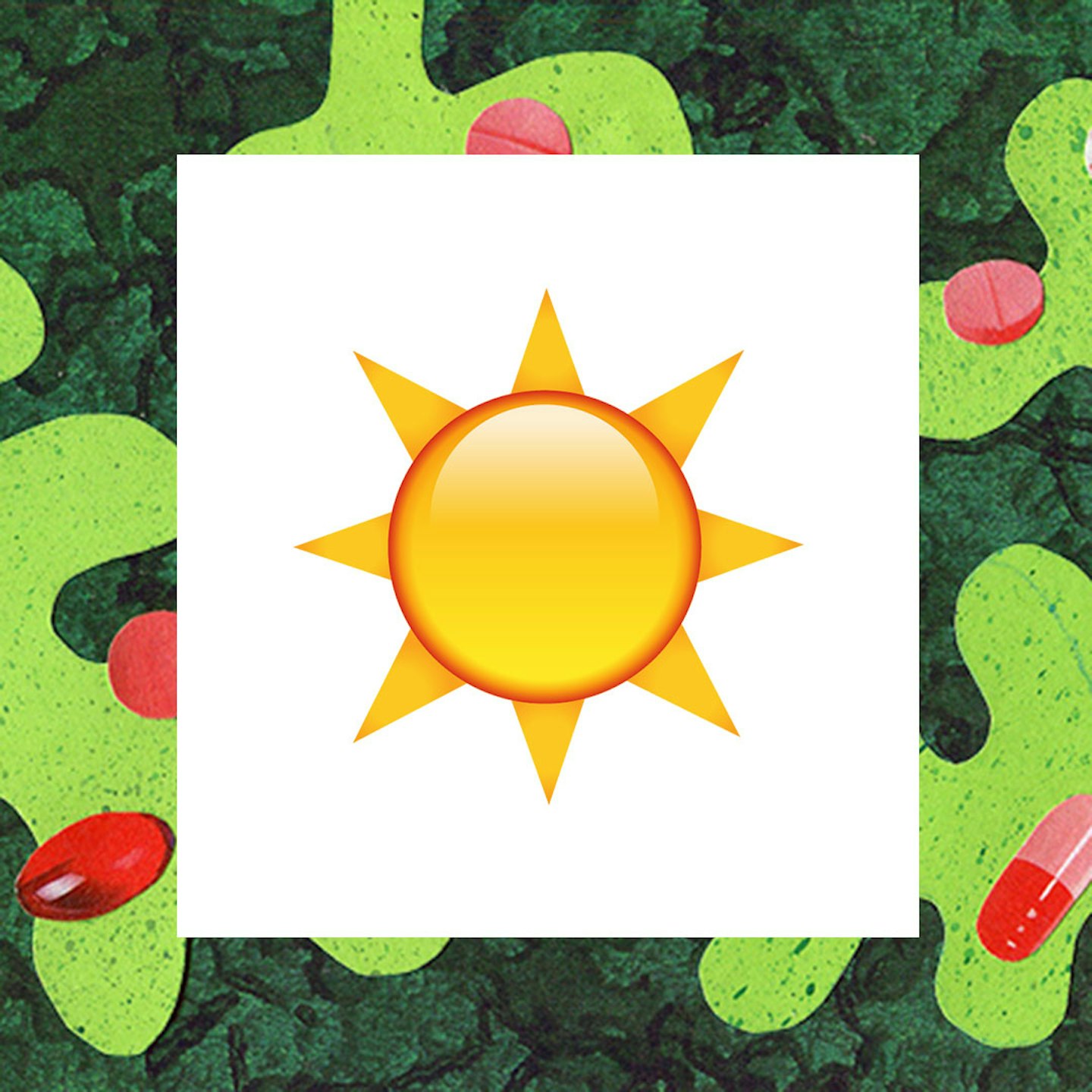 2 of 11
2 of 11Vitamin D
In addition to bone health, Vitamin D can play a vital role in the areas of the brain that are linked to the development of depression and other mental health problems.
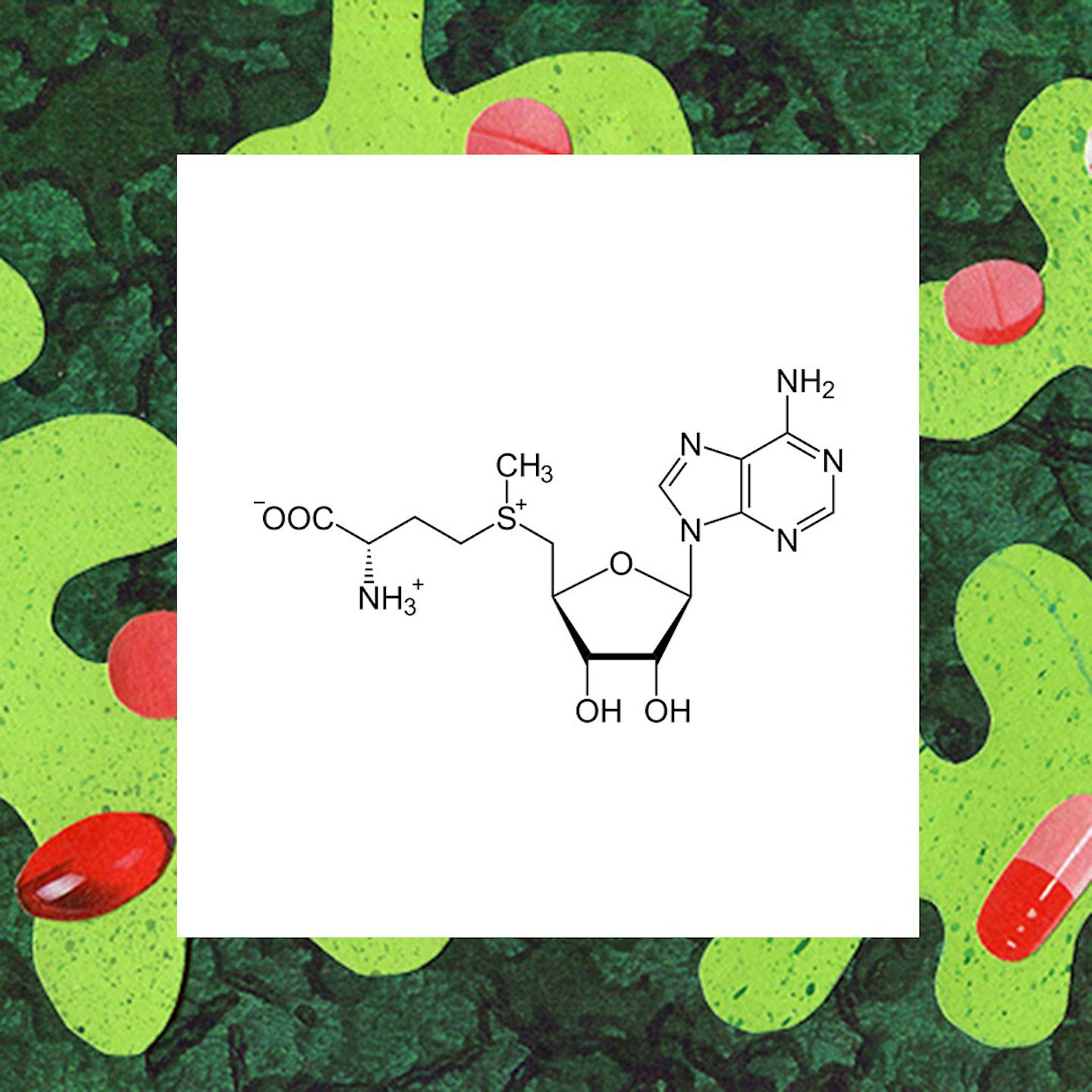 3 of 11
3 of 11S Adenosylemthionine
SAMeis a molecule that the body naturally forms and is available as a dietary supplement. In addition to depression and anxiety, it can be used for many other conditions including heart disease, fibromyalgia, tendonitis and many more. It is also recommended for PMS. It works by making sure that chemicals in the body that play a role in pain, depression, liver disease, and other conditions, actually do their job.
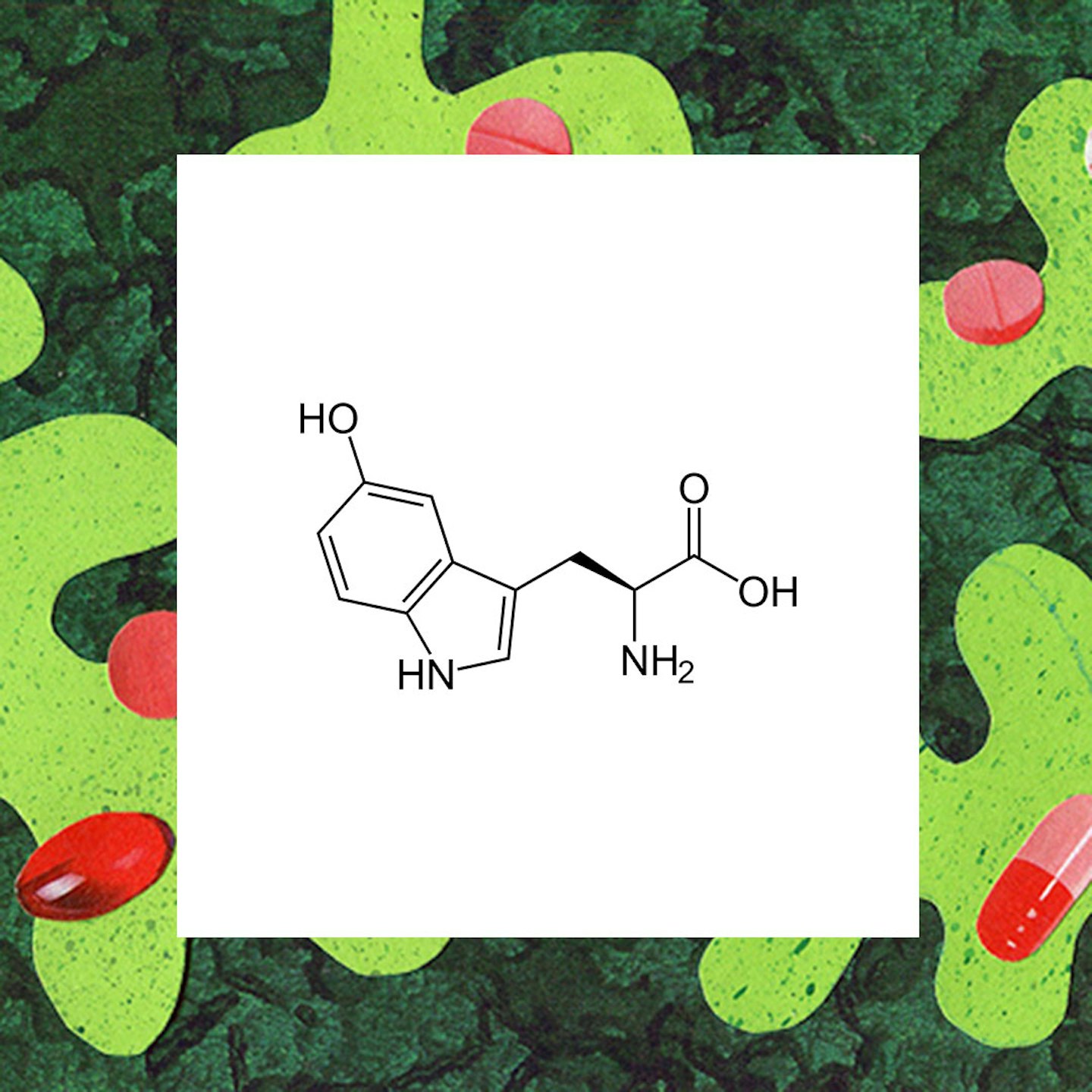 4 of 11
4 of 115-Hydroxytryptophan (5-HTP)
Like SAMe,5-HTP is also a chemical (an essential amino acid) that the body makes naturally. It works by helping to raise the serotonin (the happy hormone) levels in the brain. 5-HTP has been known to have a positive effect on sleep, mood, anxiety, appetite, and pain.
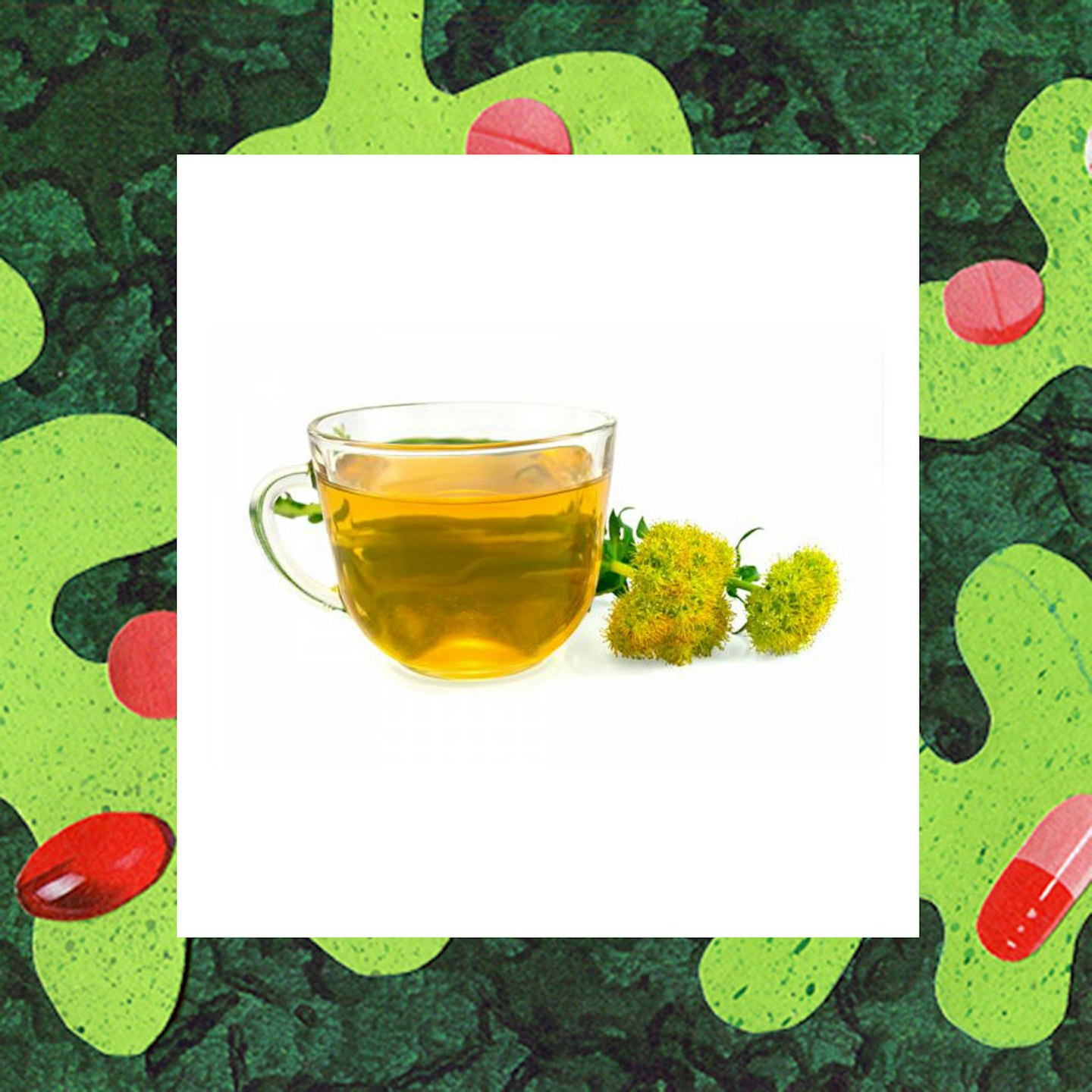 5 of 11
5 of 11Roseroot Herb
A study conducted on whether the Rhodiola Rosea (Roseroot) herb was effective for depression showed that it was almost as effective as the popular antidepressant, Sertraline (Zoloft), but with fewer side effects. The herb boasts strengthening the nervous system, fighting depression, enhancing the immune system and memory, elevating stamina, aiding in weight-loss and increasing sexual function.
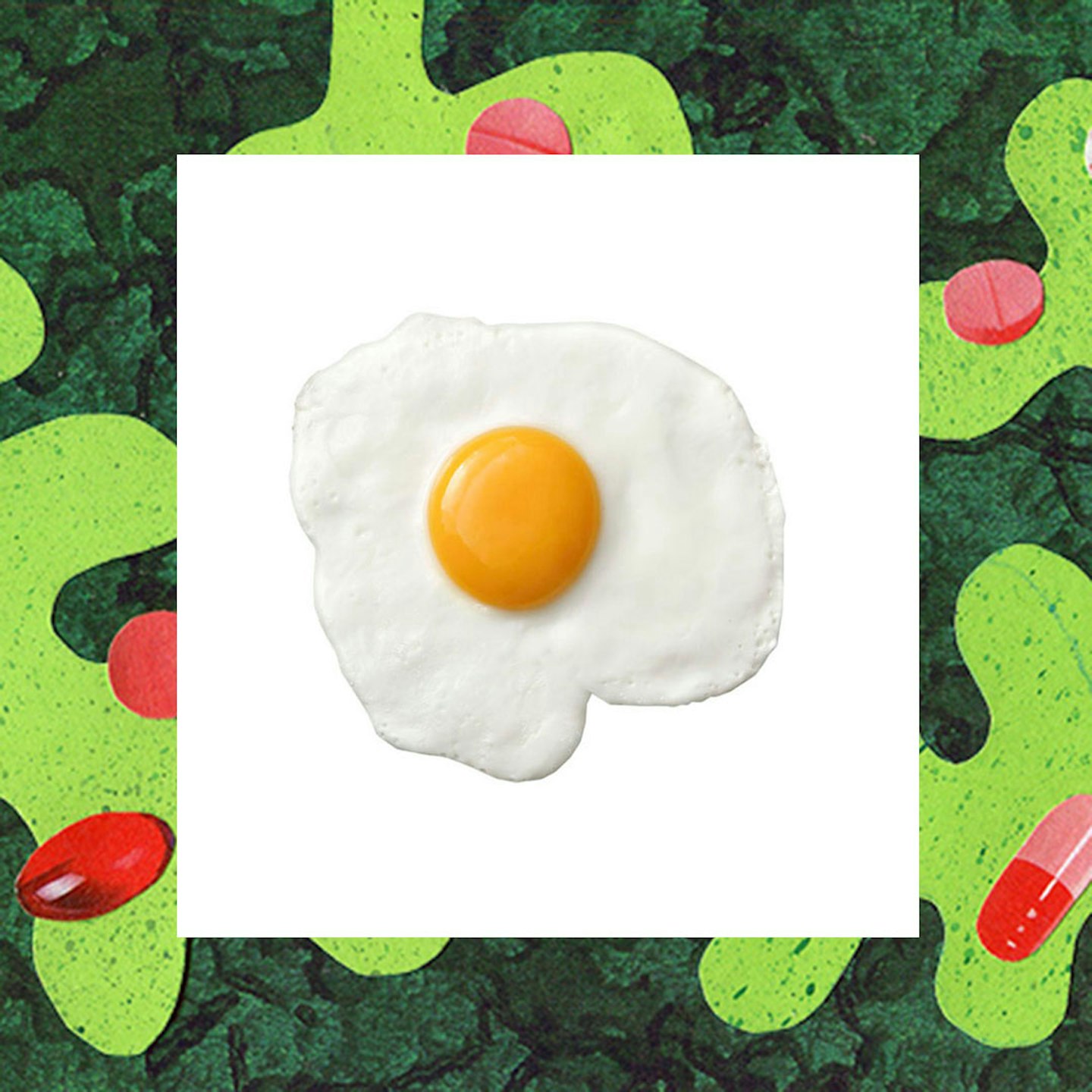 6 of 11
6 of 11Iron
A lot of adults, especially women, suffer from iron deficiency, and guess what? Iron deficiency symptoms are pretty similar to depression symptoms, i.e. fatigue, irritability, and foggy brain. The recommended daily iron allowance in adults is roughly 8 to 18 mg daily (check with your doctor though because everyone's number is different).
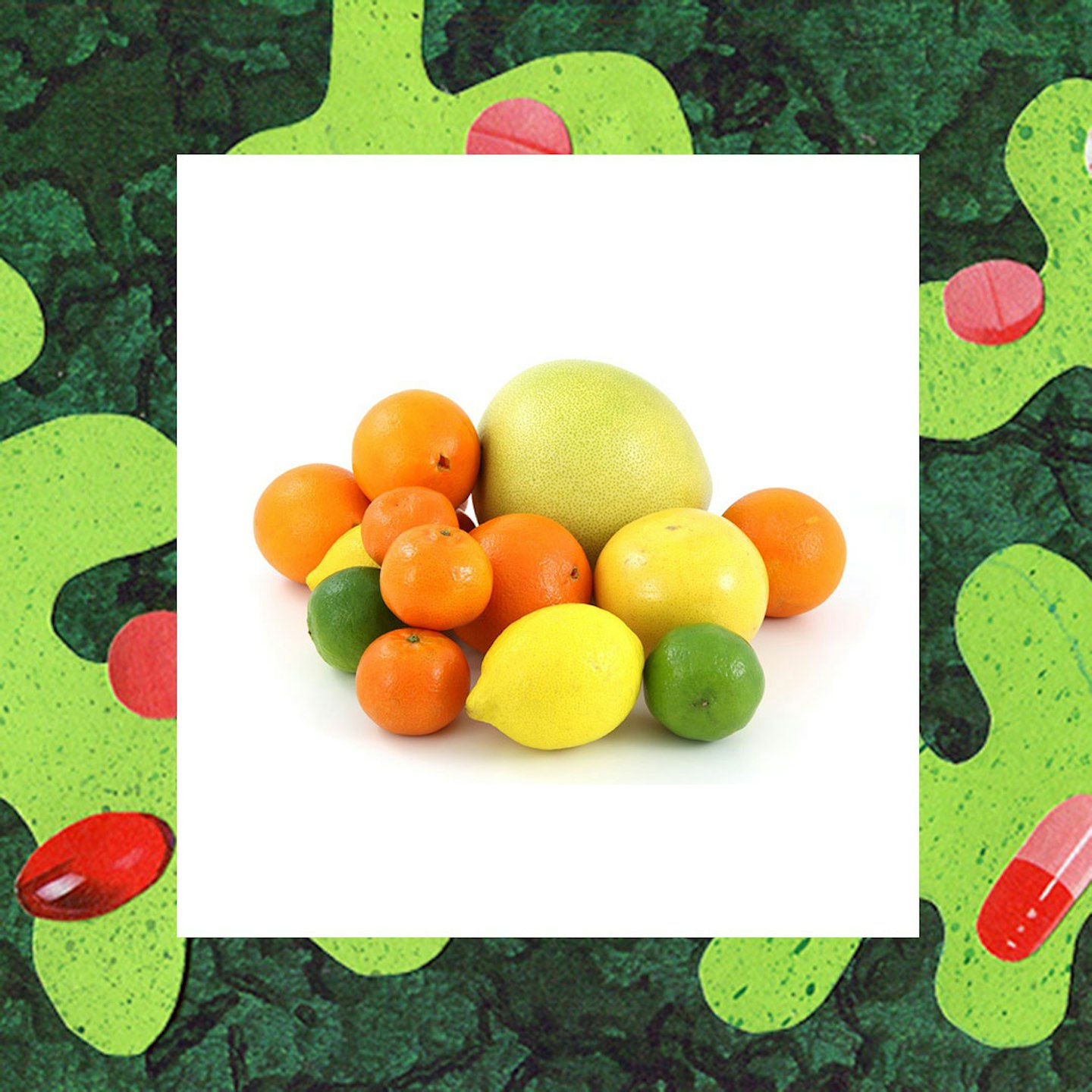 7 of 11
7 of 11Folate
If you don't have enough folate, antidepressants may not work. Some docs prescribe folate along with antidepressants to treat depression and improve the effectiveness the medication. Most adults need at least 0.4mg daily, which you can though food including dark leafy greens, beans and citrus fruit, or as a supplement.
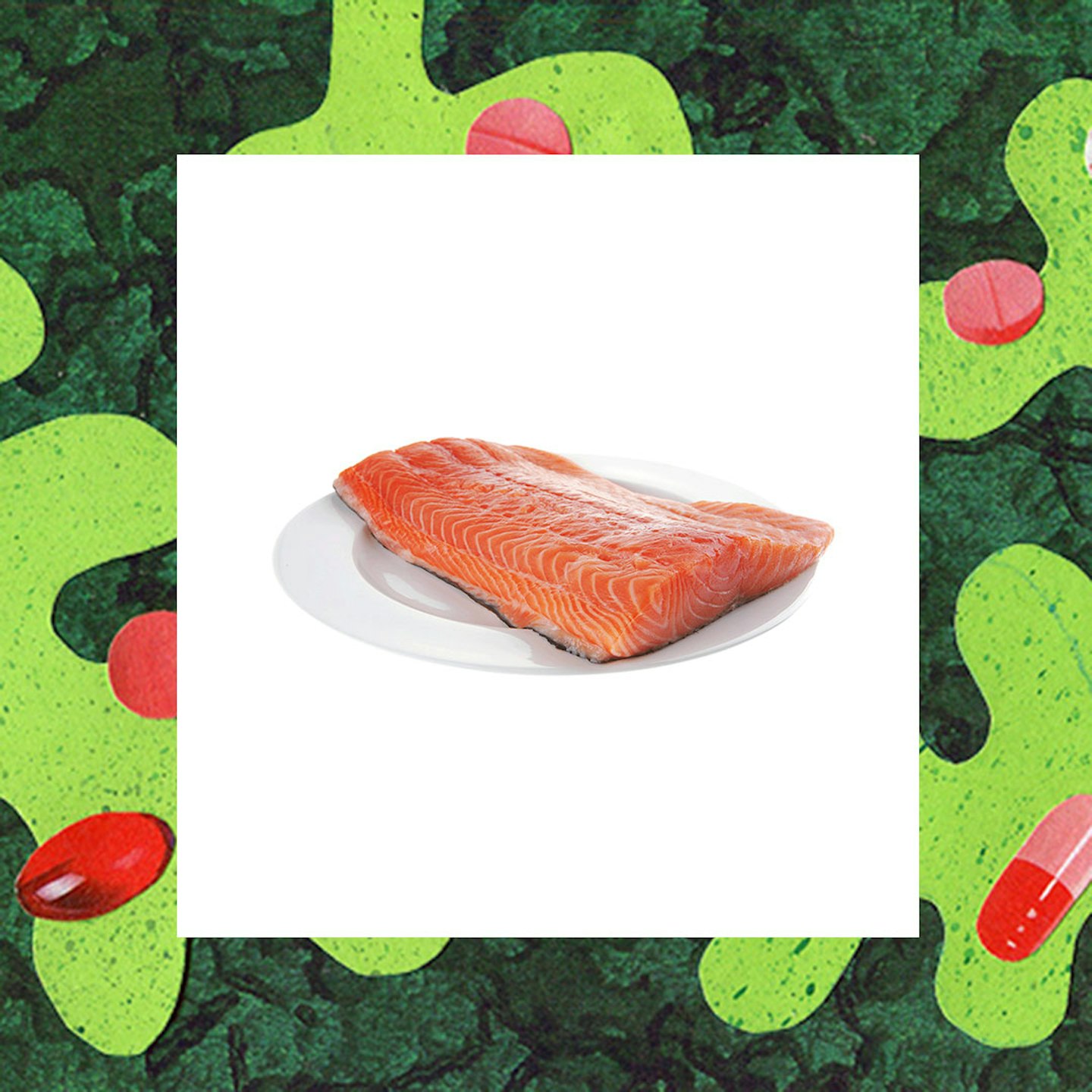 8 of 11
8 of 11B12
Vitamin B-12 and other B vitamins can play a role in producing mood-affecting brain chemicals and low levels of these may be linked to depression. If you have a poor diet and the body can not absorb enough B vits, your mood can be severely affected. Getting a blood test will determine how much of the B goodness you have in your system, and whether you need to stock up. B vitamins are found in animal products like milk, fish, meat and eggs, so if you are a vegan, you should definitely be getting your B's from dietary supplements and vitamins.
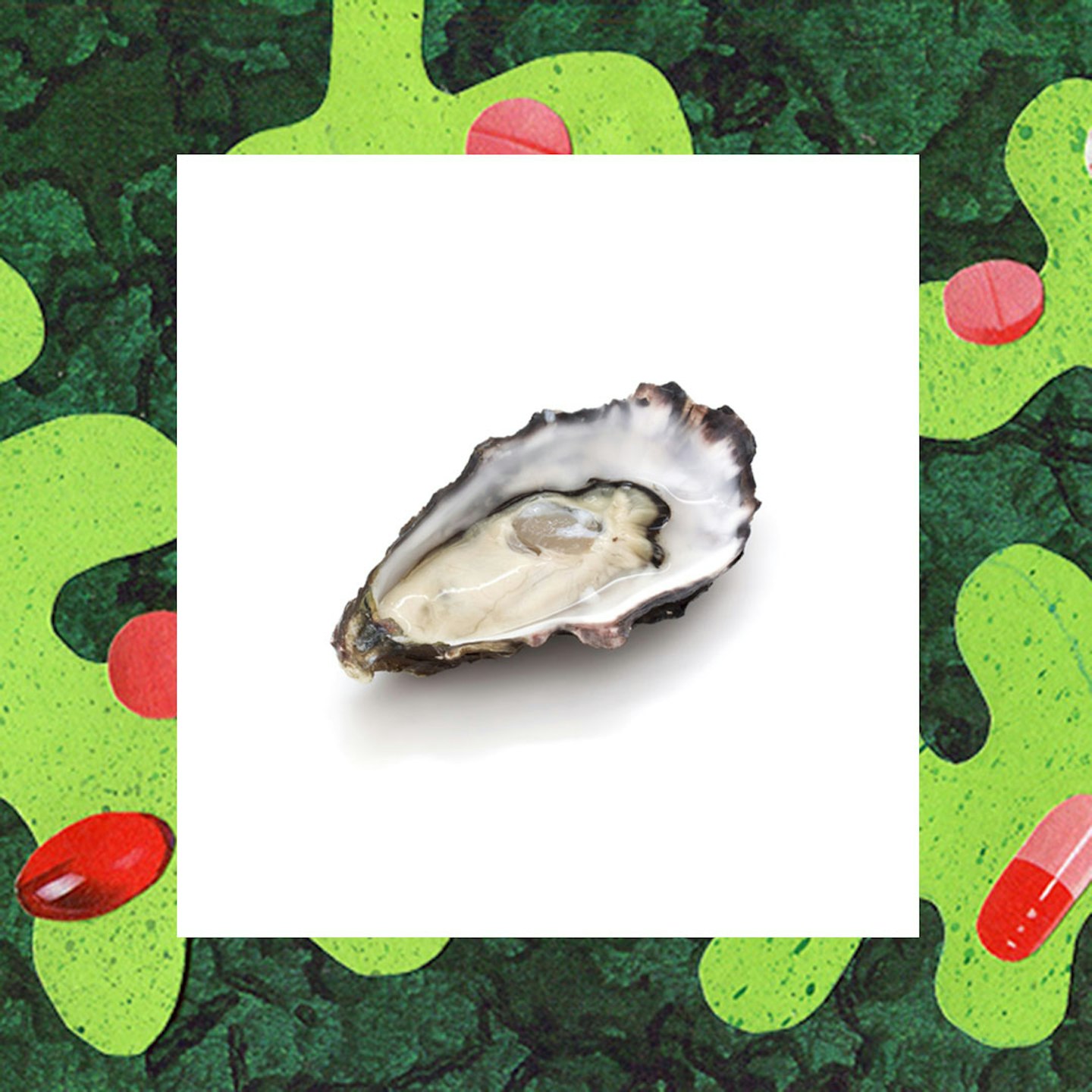 9 of 11
9 of 11Zinc
Zinc is crucial to our system as it activates our digestive enzymes breaking down food, and helps prevent food allergies, which can avert depression. It also helps our DNA to produce and repair proteins, control inflammation and boost our immune system.
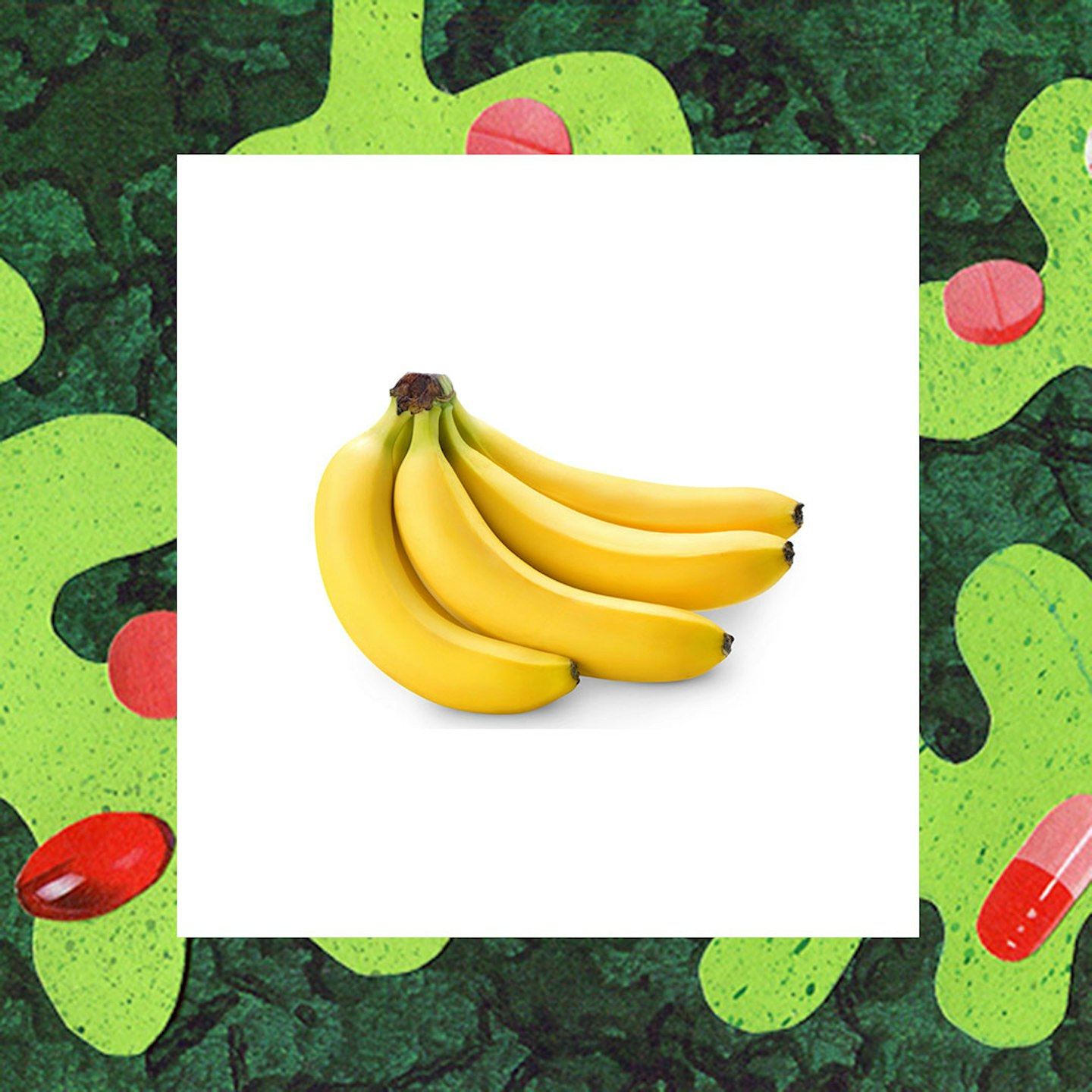 10 of 11
10 of 11Tryptophan
Tryptophan is an essential amino acid which you get through food such as bananas, tamarind, oats, sesame seeds, kiwi and watermelon. Once in the body, it converts to niacin, serotonin and melatonin. Most antidepressants work by increasing the amount of serotonin in the brain and Tryptophan helps to increase serotonin levelswithout the extreme side effects of meds.
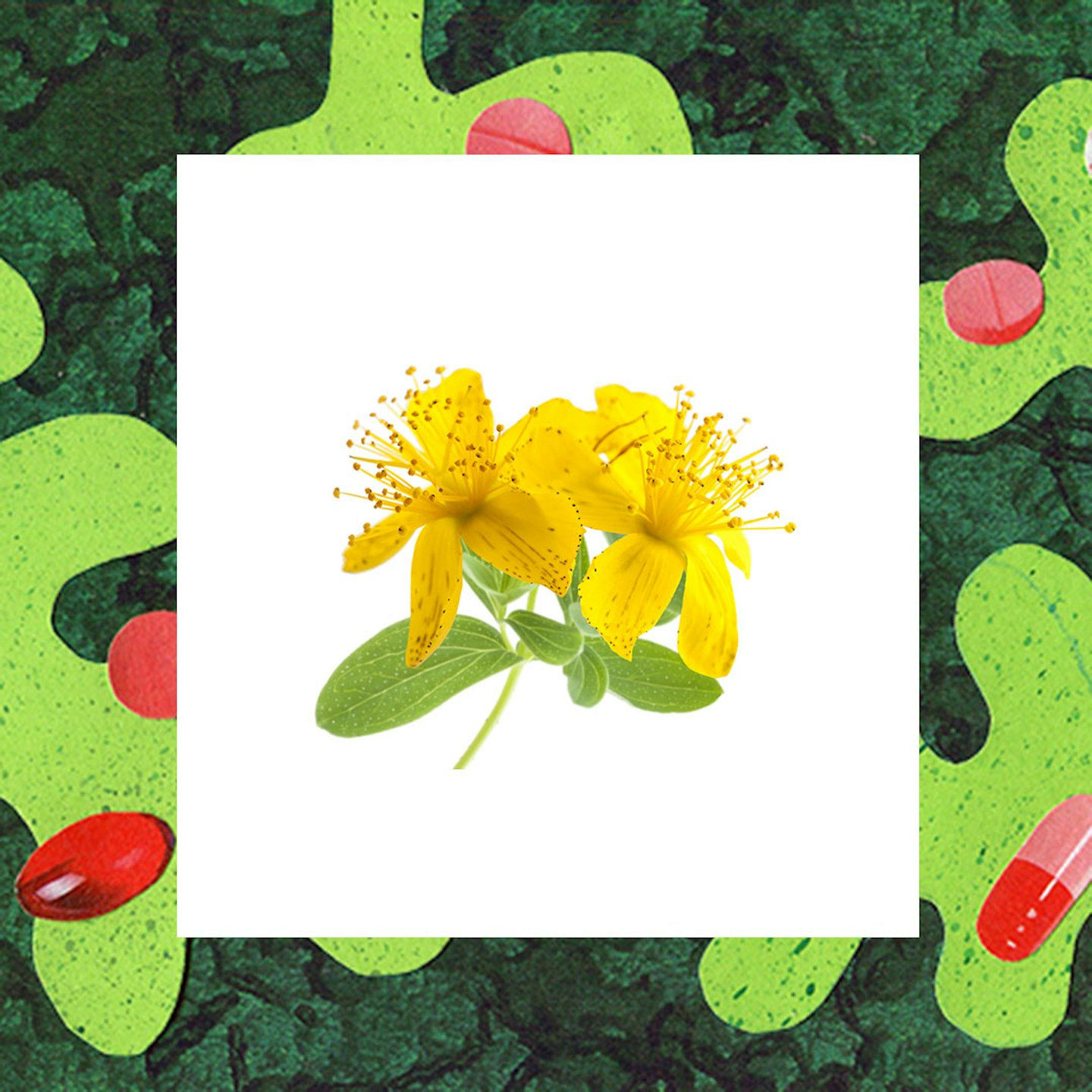 11 of 11
11 of 11St John Wort
St John's Wort has been around for yonks and is one of the most popular natural methods used for dealing with stress, anxiety and depression. It's a plant with yellow flowers. There has been some scientific evidence that St. John's wort may be helpful in treating mild depression. It's been claimed that it works just like regular antidepressants in that it inhibits the reuptake of the neurotransmitters serotonin, norepinephrine, and dopamine.
